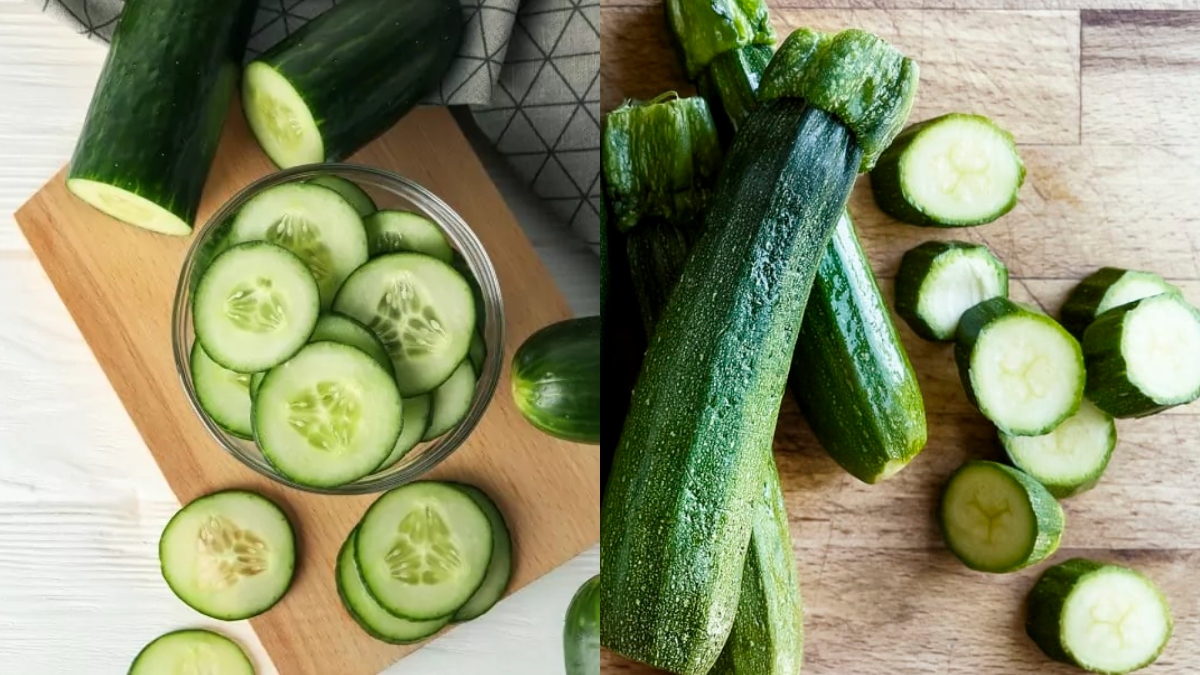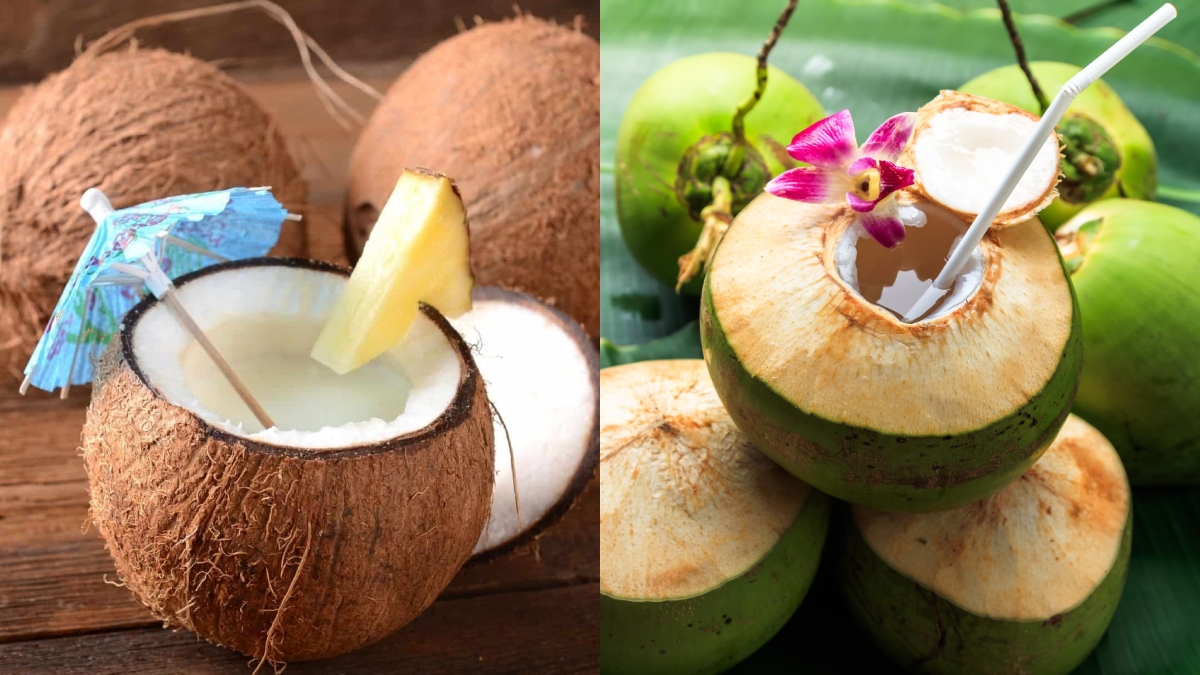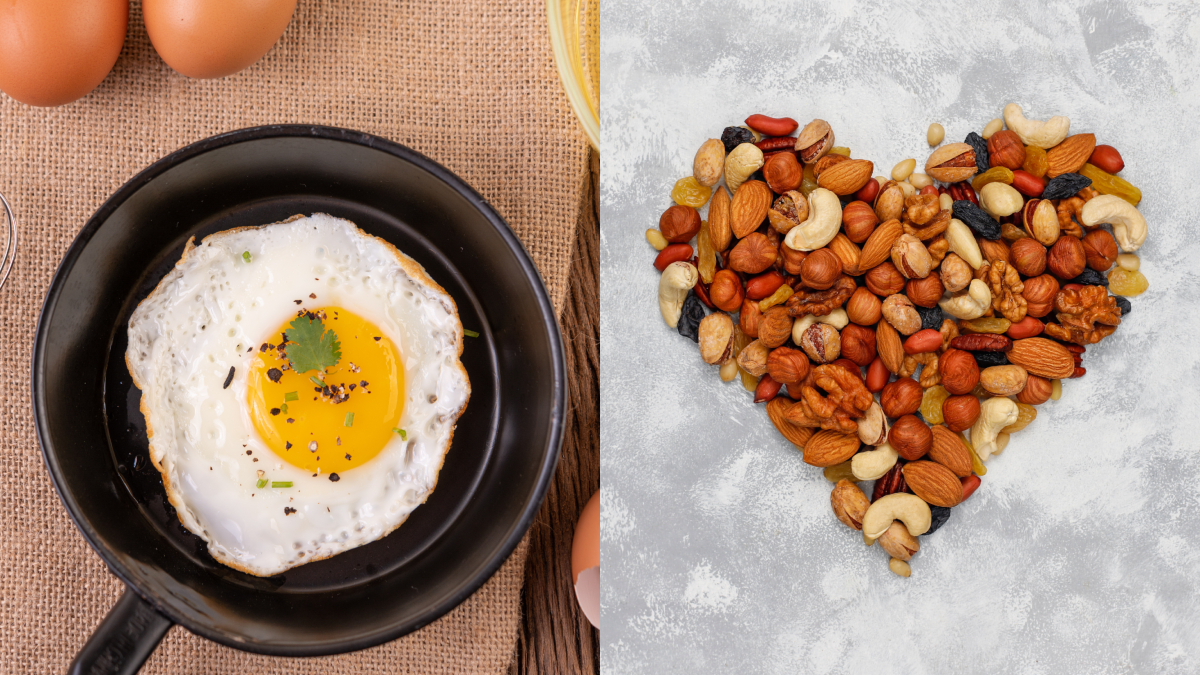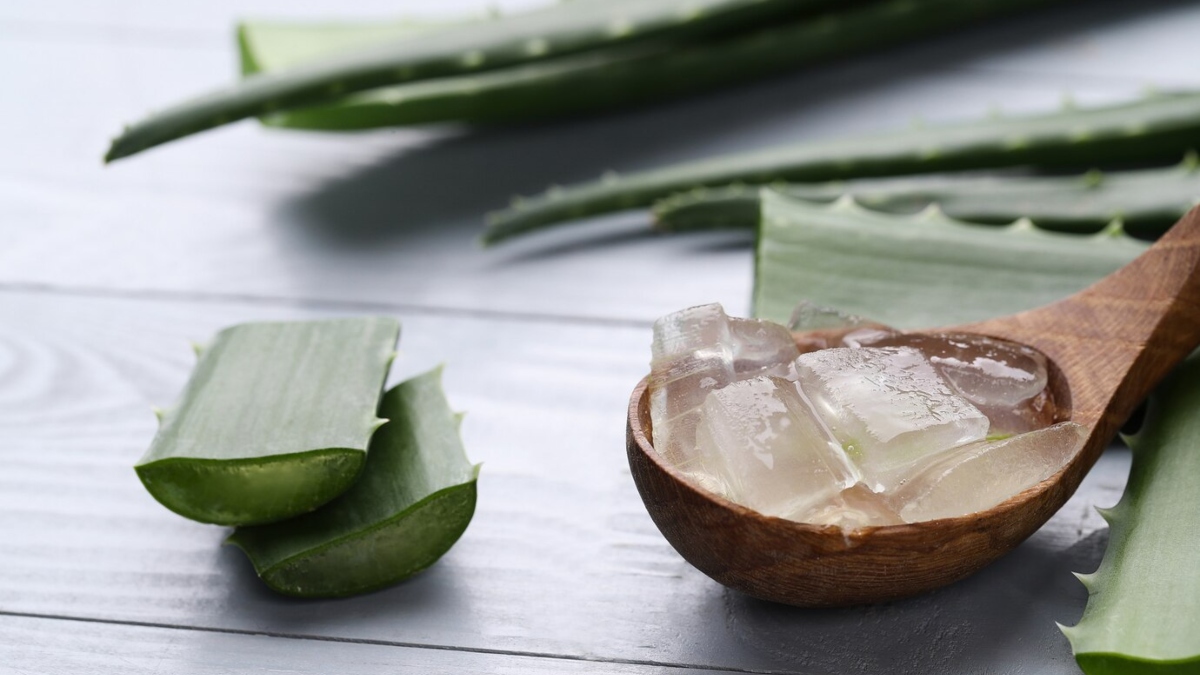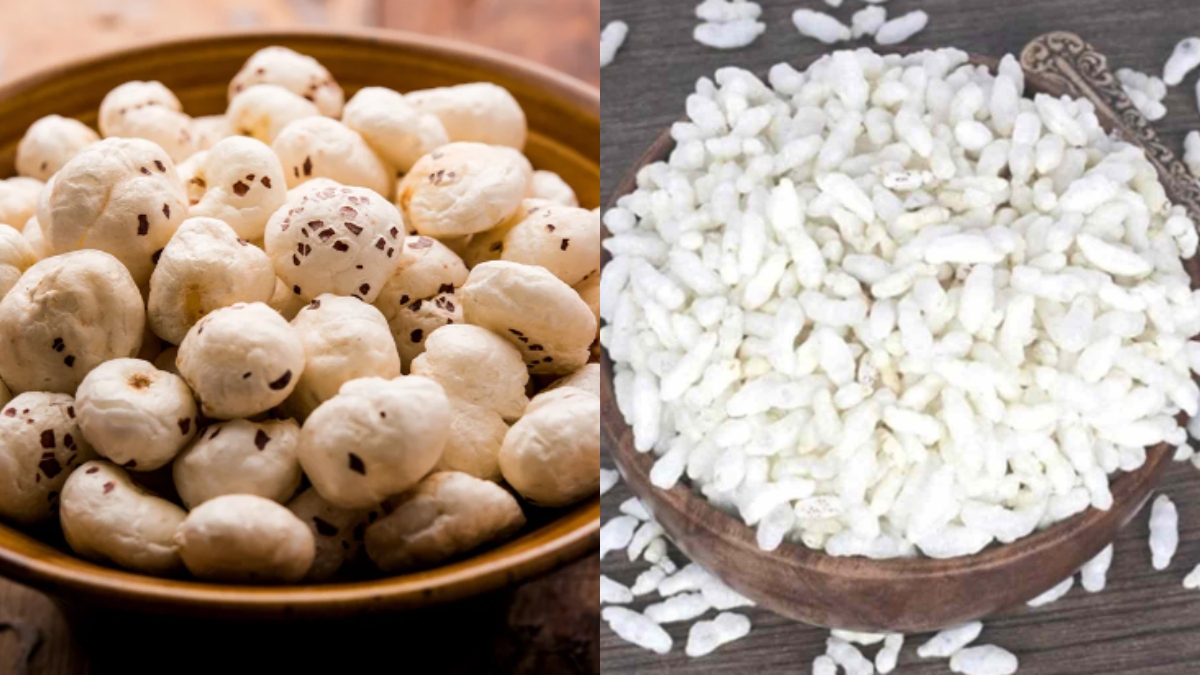Cucumbers and zucchinis often find themselves lumped together in the realm of vegetables, their similarities leading to occasional confusion. While they both belong to the Cucurbitaceae family and share certain characteristics, they are distinct in their own right. Understanding these differences can not only enhance your culinary skills but also help you make informed choices when selecting ingredients for your next meal. From appearance and texture to flavour profile, here are five lesser-known differences between these two versatile veggies.
Appearance and TextureWhile cucumbers and zucchinis may appear similar at first glance, a closer inspection reveals subtle differences. Cucumbers are typically longer and slimmer, with smooth, dark green skin and a crisp texture. Zucchinis, on the other hand, are usually shorter and thicker, with slightly bumpy, light to dark green skin and a denser, firmer texture.
SeedsOne notable difference between cucumbers and zucchinis lies in their seeds. Cucumbers tend to have larger and more prominent seeds, which are often scooped out before consumption, especially in culinary preparations where a less watery texture is desired. Zucchinis, on the contrary, have smaller and fewer seeds that are usually tender enough to be eaten along with the flesh.
Flavour ProfileWhile both cucumbers and zucchinis have a mild, slightly sweet flavour, there are subtle variations in their taste profiles. Cucumbers are known for their refreshing and watery taste, often enjoyed raw in salads or as a crunchy snack. Zucchinis, on the other hand, have a more savoury flavour with hints of earthiness, making them versatile for use in both savoury and sweet dishes, such as stir-fries, casseroles, and even baked goods.
Culinary UsesCucumbers and zucchinis are used in a variety of culinary applications, but their specific uses differ. Cucumbers are predominantly eaten raw, sliced or chopped in salads, sandwiches, or served as a garnish. They are also commonly pickled or juiced to enhance their flavour and preserve them. Zucchinis, on the other hand, are more often cooked, either sauteed, grilled, roasted, or baked in dishes ranging from soups and stews to pasta and bread.
Nutritional CompositionWhile both cucumbers and zucchinis are low in calories and high in water content, there are slight differences in their nutritional profiles. Cucumbers are slightly lower in calories and carbohydrates, making them a preferred option for those following low-calorie or low-carb diets. Zucchinis, on the other hand, are slightly higher in calories and carbohydrates but offer more fibre and nutrients such as vitamin C, vitamin A, and potassium.
